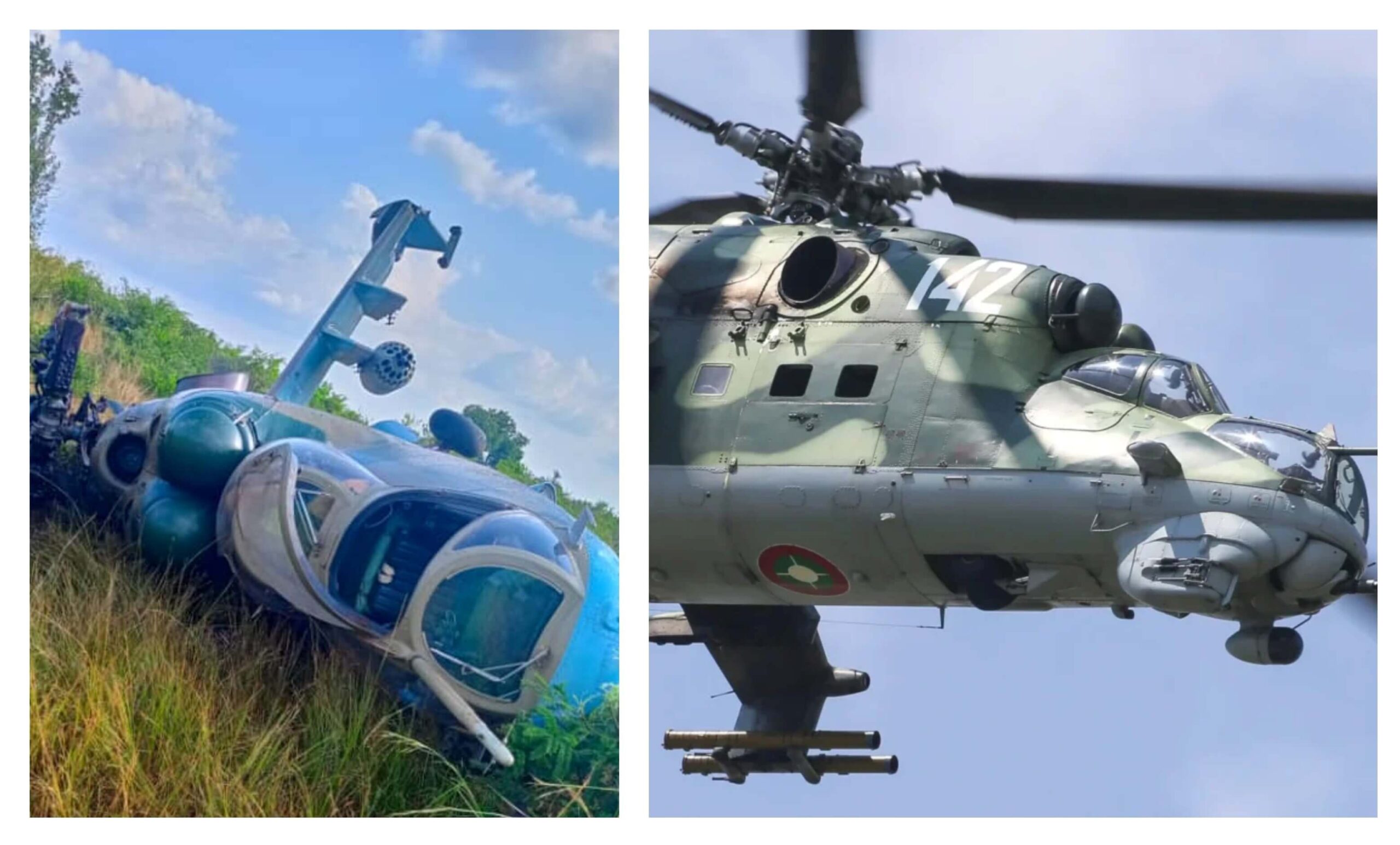By Busiinge Aggrey
On July 29 of this year, another Russian-made helicopter belonging to the Ugandan People’s Defence Force (UPDF) crashed in Moroto during an operation. Thankfully, there were no casualties reported. This incident marks the second time in recent years that a Russian-made aircraft purchased by Uganda has met such a fate. While luck has spared lives, it raises a red flag regarding the reliability and quality of these helicopters.
The UPDF’s reliance on Russian-made military equipment has been a trend for decades, especially in terms of aircraft. However, the alarming pattern of helicopter crashes, nearly all of which involve Russian-made aircraft, cannot be ignored. Whether this is due to technical issues, maintenance problems, or simply the quality of the helicopters themselves, the situation begs for a comprehensive reevaluation of Uganda’s sourcing strategy for military equipment.
While the UPDF’s capabilities have been praised, the recent spate of helicopter crashes casts doubts on whether their training and experience truly align with the hardware at their disposal. The crashes of Mi-17 and Mi-24 helicopters in western Uganda and eastern DRC, in addition to other previous incidents, all have one common denominator: they were all Russian-made aircraft. This raises questions about the reliability and effectiveness of the equipment that the UPDF has been relying on.
It’s essential to understand that no military equipment is immune to malfunctions, regardless of its origin. However, putting all military eggs in one Russian basket might be an unwise approach. The fact that Uganda is now dubbed as Russia’s regional defense equipment hub should not overshadow the importance of diversification. The recent conflict between Russia and Ukraine has showcased the potential pitfalls of relying solely on a single supplier. As Russia focuses on its own post-war rebuilding and rearming, the supply of military equipment to other countries might dwindle.
Furthermore, the principle of diversification is not only a matter of sourcing but also an investment in the UPDF’s long-term preparedness. While Russian equipment may offer affordability upfront, the adage “you get what you pay for” rings true. Substandard equipment can lead to higher maintenance costs, reduced operational efficiency, and, in the worst cases, loss of lives.
Uganda’s status as a non-aligned country should embolden it to explore a wider array of options for military equipment. This isn’t to suggest abandoning all Russian-made equipment, but rather adopting a balanced approach that includes Western-made alternatives. The West’s armament has shown its effectiveness in conflicts, as evidenced by the Ukrainian forces’ experiences.
In light of these considerations, it’s prudent for the UPDF leadership and President Museveni to reconsider the country’s strategy for military equipment acquisition. Diversifying the arsenal is not a move away from Russian equipment, but rather a strategic step towards enhancing the UPDF’s capabilities and preparedness.
The UPDF’s history of successful engagements both within Uganda and beyond its borders highlights the potential it holds. To fully realize this potential, it’s crucial to ensure that the military’s tools match the expertise of its personnel. By embracing a more diverse approach to military equipment sourcing, Uganda can bolster its security while reducing the risks associated with relying solely on Russian-made helicopters that seem to be falling from the sky all too frequently.
In an era of evolving global dynamics, the reliability and effectiveness of military equipment become paramount to the security and sovereignty of nations. Uganda’s recent experiences with Russian-made helicopters should serve as a wake-up call to reassess our procurement strategies. The UPDF’s commitment to excellence in training and operational prowess deserves to be matched with equipment that mirrors their dedication.
Diversification in sourcing military hardware is not merely an option; it’s a necessity to ensure that Uganda remains prepared for any challenge that arises. As we move forward, let us remember that the strength of a nation’s defense lies not only in the courage of its soldiers but also in the quality of the tools they wield. The sky is vast, and it’s time for Uganda to fly with a fleet that soars without a shadow of doubt.
Busiinge Aggrey, is a Ugandan journalist, analyst, and founder of The Black Examiner, Uganda’s first reader-funded opinion newspaper (www.examiner.co.ug). With a passion for insightful analysis, I delve into complex issues that shape our world. My journey led me to The Black Examiner, where I contribute perspectives on important matters.
If you would like your article/opinion to be published on Uganda’s most authoritative news platform, send your submission on: [email protected]. You can also follow DailyExpress on WhatsApp and on Twitter (X) for realtime updates.



